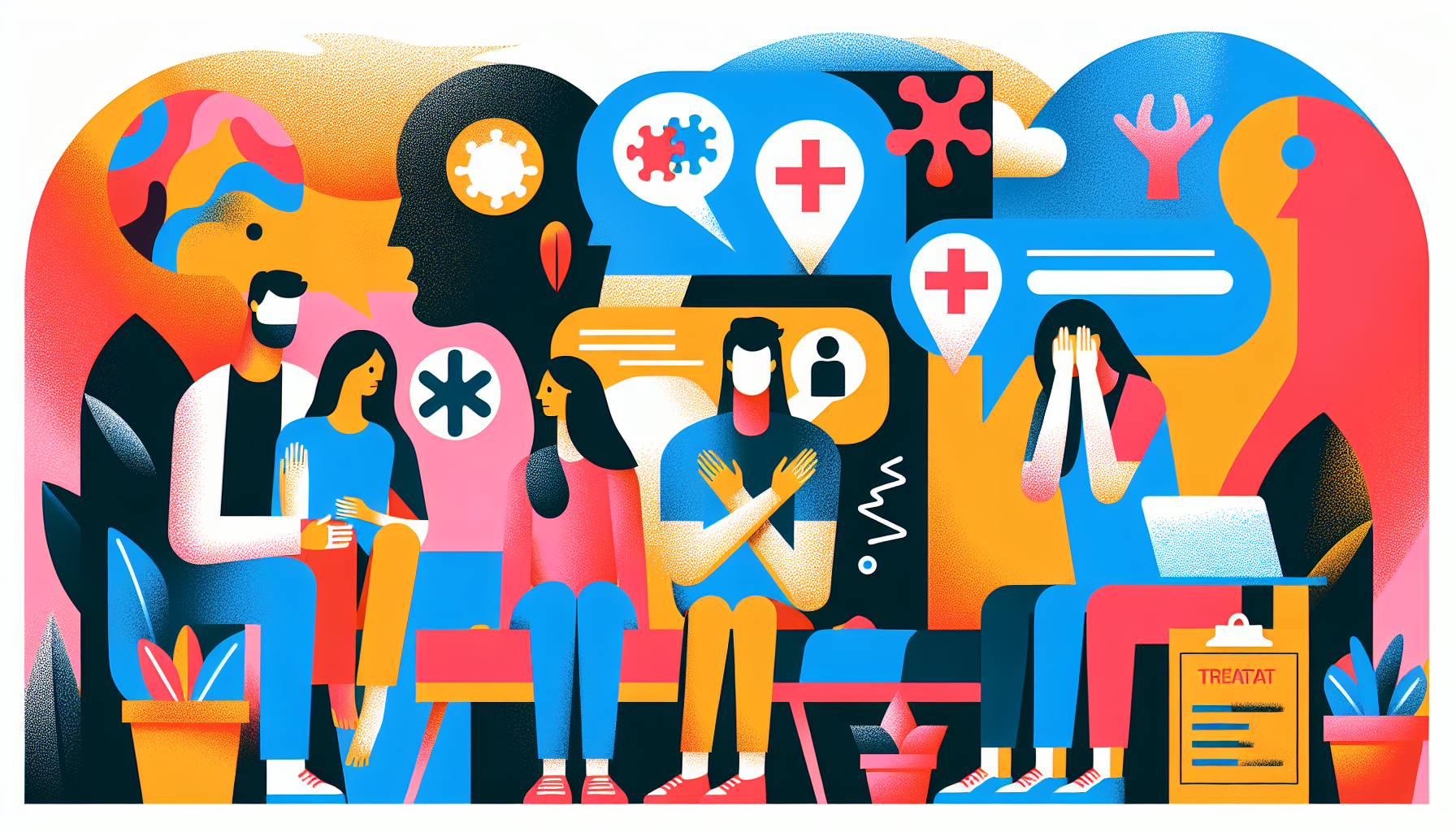Utah Becomes the First State to Let AI Handle Prescription Refills
Utah just made history: it's the first US state to let an AI system renew prescriptions on its own. The program covers people who are already taking medications for [...]
Read More
Medically reviewed by Hugo Benalcazar, Northwestern University on August 29th, 2023.
Agoraphobia is a rare type of anxiety disorder that can significantly impact a person's life. If you have agoraphobia, you may experience intense fear and anxiety in certain places or situations, causing you to avoid them altogether. This fear can be so overwhelming that it may even prevent you from leaving your home.
The exact causes of agoraphobia are not fully understood, but experts believe that it may run in families. People who experience frequent panic attacks are also at a higher risk of developing agoraphobia. Other factors that may increase your chances of having agoraphobia include:
Having other phobias
A family history of agoraphobia
Experiencing stressful or traumatic events
If you have agoraphobia and find yourself in a situation that triggers your fear, you may experience intense anxiety or panic. Physical symptoms of a panic attack can include:
Rapid heartbeat
Sweating and trembling
Difficulty breathing
Nausea or diarrhea
Chest pain
Dizziness or feeling faint

Emotionally, you may feel like you're not in control or that you might not survive a panic attack. You may also worry about embarrassing yourself in front of others or feel the need to be accompanied by someone you trust when going out.
Diagnosing agoraphobia can be challenging, as many of its symptoms overlap with other medical conditions. Your doctor will likely perform a physical exam and may run tests to rule out other health issues. If no physical cause is found, you may be referred to a mental health professional for further evaluation.
According to the American Psychiatric Association, you may be diagnosed with agoraphobia if you experience extreme fear or panic in at least two of the following situations:
Being outside your home alone
Being in open spaces, such as parking lots or malls
Being in enclosed spaces, like theaters or small offices
Standing in line or being in a crowd
Using public transportation
Treatment for agoraphobia typically involves a combination of therapy and medication. Cognitive therapy can help you learn new ways to think about and cope with situations that cause panic. Your therapist may also recommend exposure therapy, which involves gradually facing the situations that trigger your fear.
Medications, such as antidepressants and anti-anxiety drugs, can also be effective in managing agoraphobia. Your doctor may start you on a low dose of an antidepressant that increases serotonin levels in the brain. For short-term relief, benzodiazepines may be prescribed, but these should be used with caution due to the risk of dependence.
In addition to traditional treatment methods, alternative therapies like applied relaxation, breathing exercises, and meditation may help manage agoraphobia symptoms. Making lifestyle changes, such as regular exercise and maintaining a healthy diet, can also be beneficial. It's important to avoid caffeine and alcohol, as these substances can worsen anxiety symptoms.
While agoraphobia can be challenging, the right combination of treatment and support can help you manage your symptoms and improve your quality of life. Remember to reach out for help when needed, whether it's from family, friends, or a support group. Work with your therapist to develop coping strategies and relaxation techniques that work for you. By following your doctor's guidance and staying committed to your treatment plan, you can learn to navigate the world with greater confidence and ease.
Early intervention with professional therapy and medication can restore normal functioning for most people within 3-4 months of starting treatment. The key is beginning gradual exposure to feared situations while building coping skills under professional guidance. If you're avoiding places due to intense fear or panic, Doctronic can help you understand your symptoms and explore treatment options.
Utah just made history: it's the first US state to let an AI system renew prescriptions on its own. The program covers people who are already taking medications for [...]
Read MoreUnderstanding Mounjaro and Its UsesMounjaro is a prescription medication commonly prescribed for managing type 2 diabetes. It belongs to a class of drugs that help regulate [...]
Read MoreUnderstanding Hydrocortisone Uses and DosagesHydrocortisone is a versatile medication primarily used to reduce inflammation and suppress the immune system in various [...]
Read More